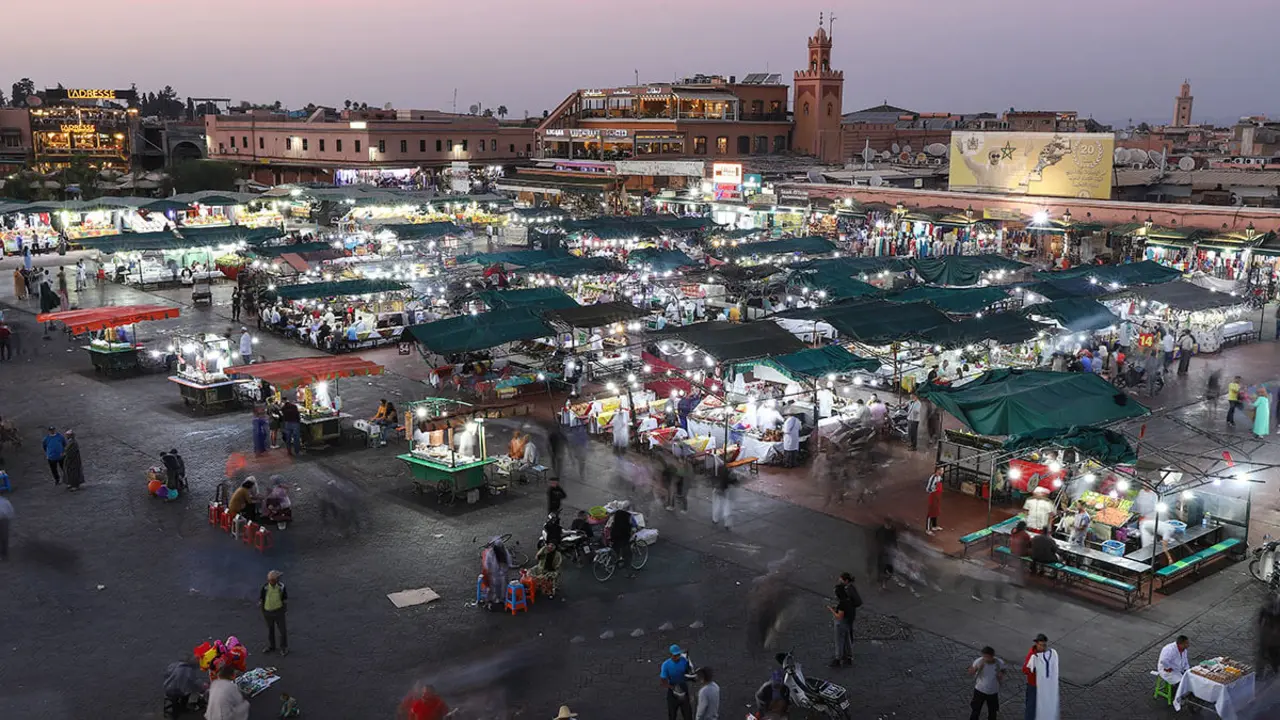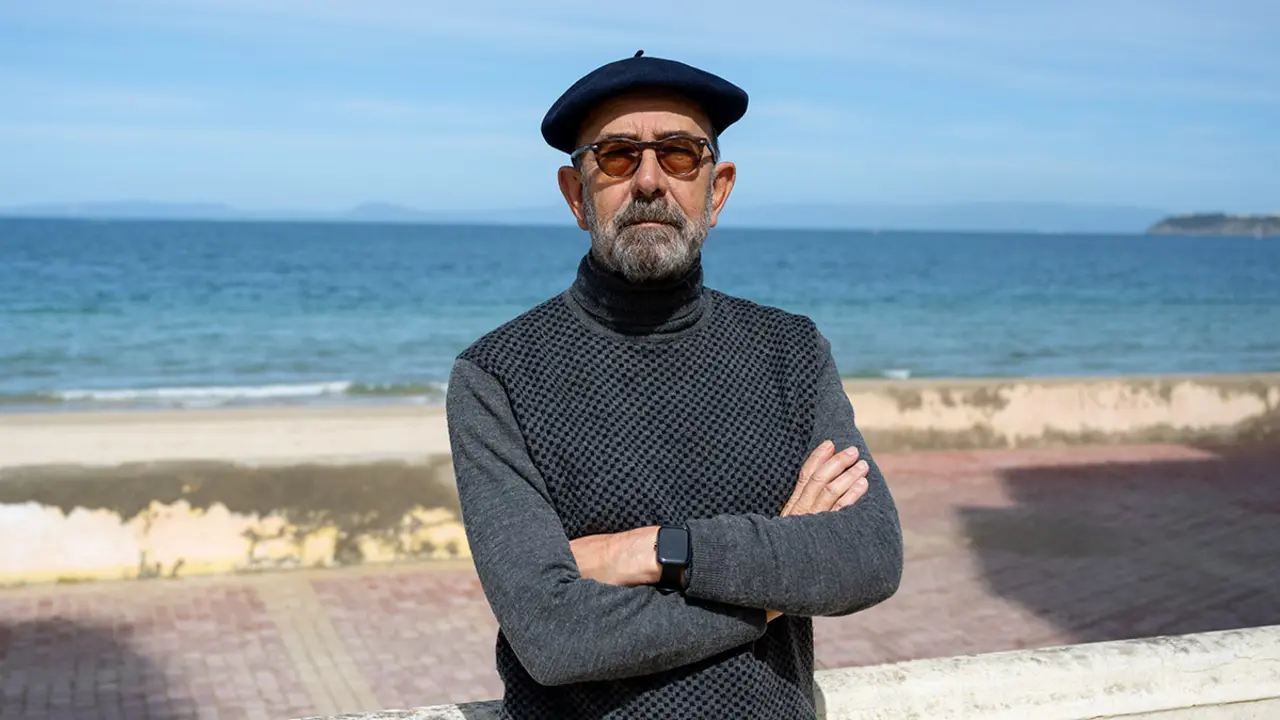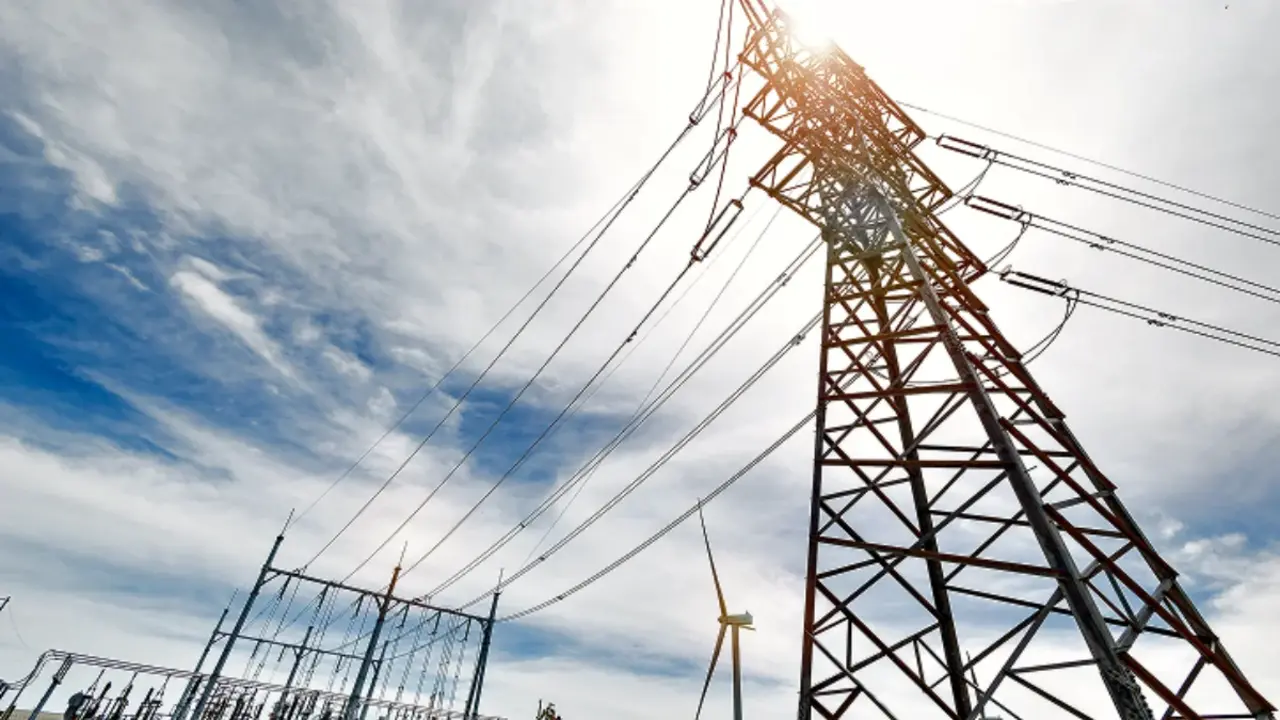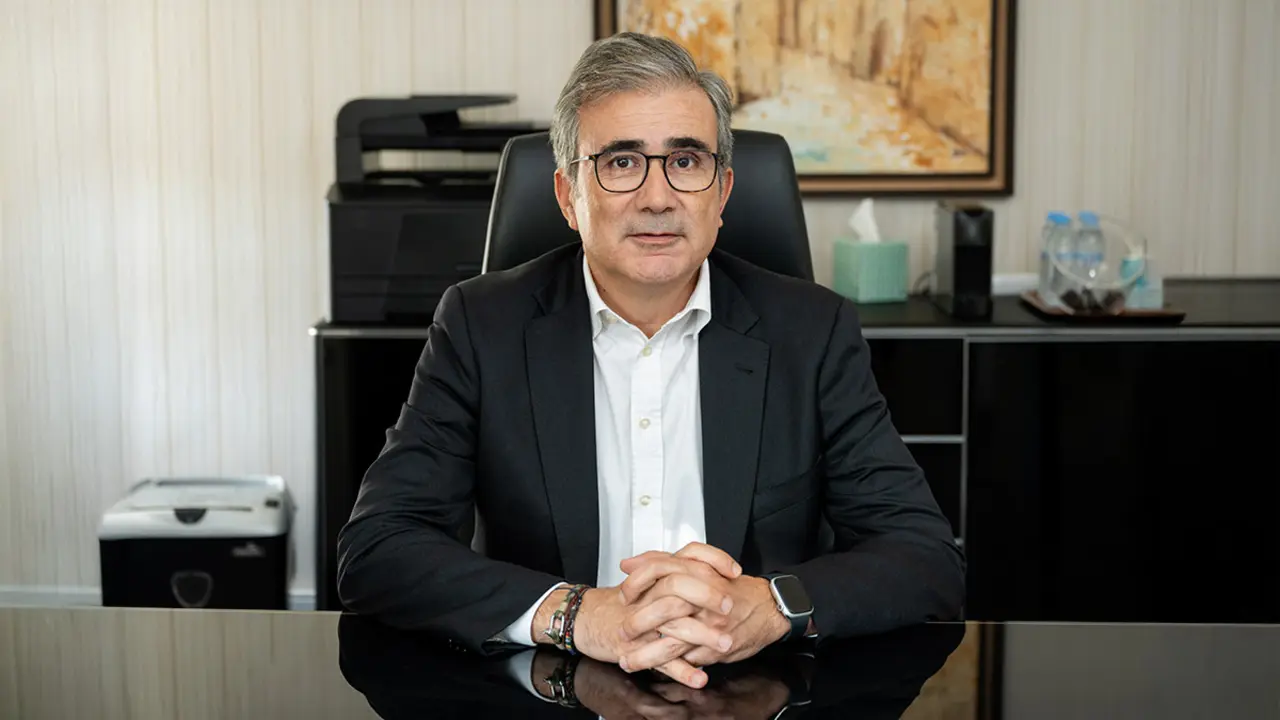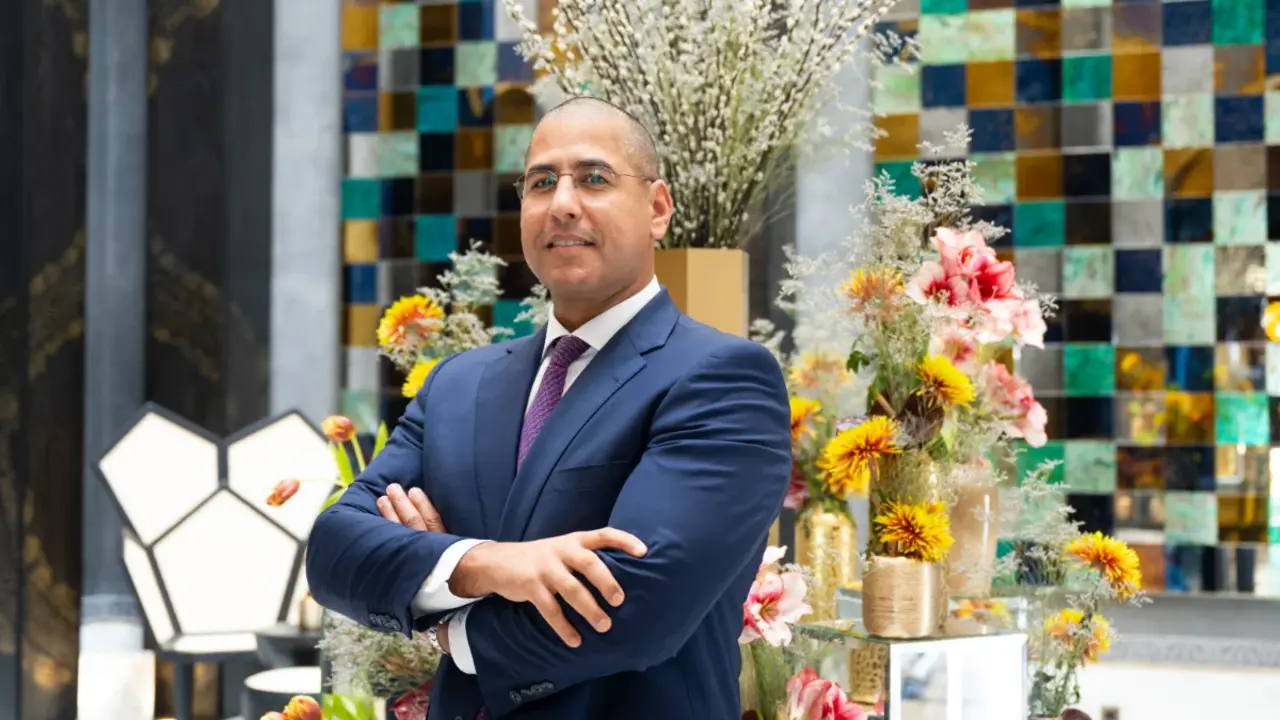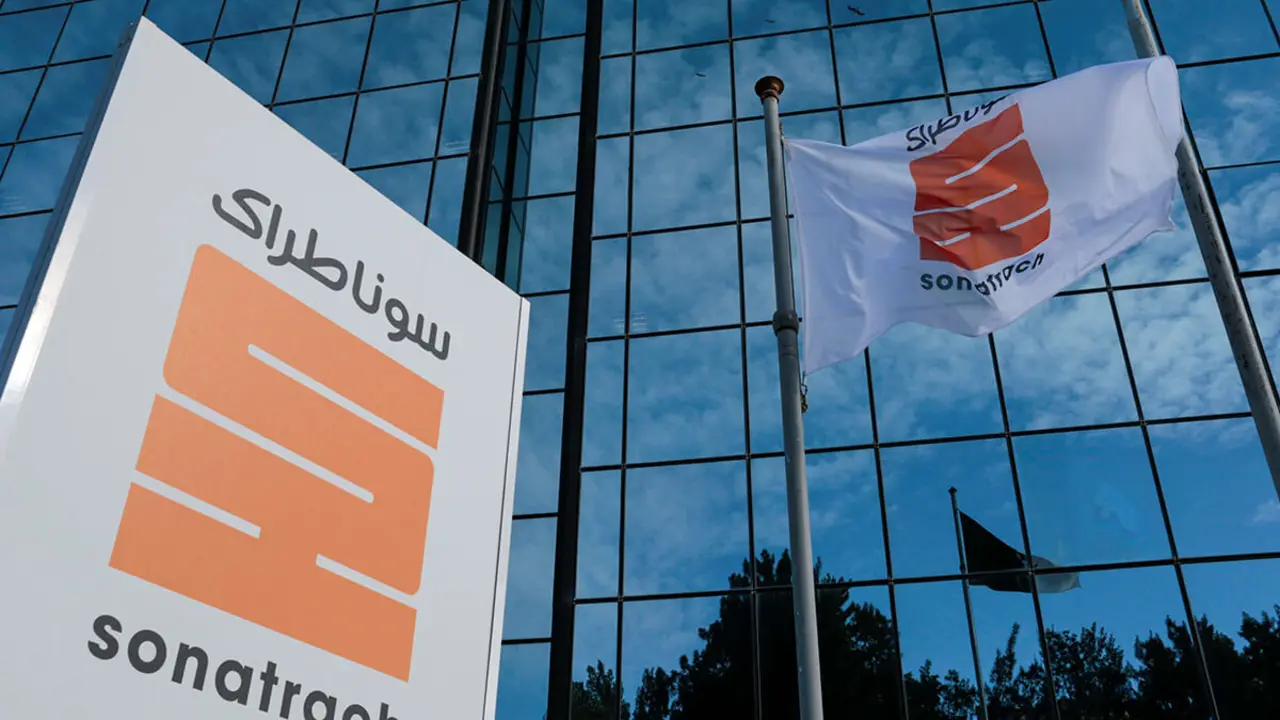Lebanon unable to cope with supply crisis

Lebanon continues to suffer from a supply crisis. Last week the Lebanese government announced that electricity production was barely enough to cover 25 per cent of the country's supply needs, while the Central Bank of Lebanon announced that it was unable to continue supporting fuel imports, which means lifting subsidies. Faced with this scenario, the Lebanese Hezbollah party has assured that it will import oil from Iran. In July, the government took the decision to subsidise fuel in the face of the serious situation the country was experiencing, but during a meeting last week Central Bank Governor Riad Salame said he was "unable to continue supporting the purchase of fuel".
Salame offered as a solution a proposed law to disburse credits to the state electricity company, Electricité du Liban (EDL), to allow it to buy fuel "because it is the cheapest remedy for the citizen, even if taxes are raised". For weeks now, the Lebanese electricity company has been offering only two hours a day of supplies, while private generators are priced at exorbitant prices, far beyond the reach of a population impoverished by three years of economic crisis.

The situation in the Mediterranean country is increasingly critical, despite Lebanon's resilience in recent years. The cedar country has been dragging a severe economic crisis since 2019 that has been exacerbated by the COVID-19 pandemic and experienced its peak social explosion in the wake of the Beirut port explosion. The detonation took the lives of 205 people, injured more than 6,500, with damage estimated at up to 5 billion, displaced another 350,000 residents from their homes, and destroyed numerous buildings, leaving a large number of people homeless, at a critical time for many Lebanese.
Nearly ten days after the anniversary of the Beirut port explosion, a new detonation was triggered by a fuel tank reportedly confiscated by the army in Akkar, northern Lebanon. The explosion killed at least 28 people and injured 79. As a result of this new incident, according to EFE news agency, some 20 people gathered outside the residence of Lebanon's Prime Minister-designate Najib Mikati to protest the explosion. Lebanese President Michel Aoun has urged the relevant authorities to carry out an investigation and clarify what happened.

Despite Aoun's directives, little can be expected from a political elite that has yet to clarify the causes and condemn those responsible for the Beirut port explosion more than a year ago. The detonation is considered one of the most powerful non-nuclear man-made explosions in human history. Lebanon thus adds yet another incident to the long list of misfortunes it has been suffering for years. The Mediterranean country is suffering one of the worst economic crises of the 21st century, according to the World Bank, and has generated a supply crisis that affects most of the population and prevents them from carrying out the most basic tasks. Severe fuel shortages have led to long lines at gas stations, prolonged blackouts and business closures.
The incompetence of Lebanese politicians has only exacerbated the deep economic crisis in the Mediterranean country. Since Hassan Diab's government resigned on 10 August in the wake of the Beirut port explosion, three prime ministers-designate have tried to form a government, all of whom have so far failed. The new prime minister-designate, Najib Mikati, who took office on 26 June, is encountering the same obstacles as his predecessor, Saad Hariri.

Faced with this political leadership vacuum and a population facing daily blackouts that sometimes last up to 12 hours, the Lebanese Hezbollah party has announced that it will start importing petrol from Iran. The secretary general of the Resistance Movement, Hassan Nasrallah, said during a speech that "God willing, we will definitely bring diesel and gasoline from Iran". The Hezbollah leader also stressed that the Islamic Republic had assured him that it would support Lebanon and blamed the Lebanese government and US influence for the lack of alternative responses to the Iranian offer.

